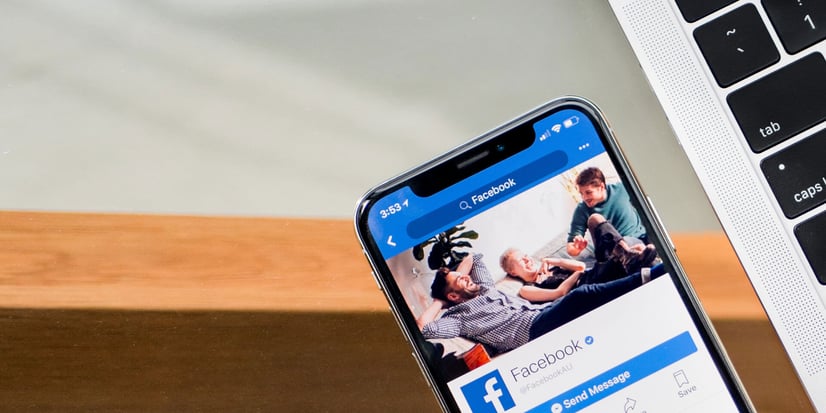4 retailer fails at social media and what we can learn from them

Platforms like Twitter, Facebook, YouTube and Instagram have become the center of brand-customer interaction. There brands are being discussed, and their stories are being subverted and reinterpreted. That's why, entering the social media game and engaging with customers directly can be a great opportunity for retailers, but it can also be a big challenge, if not handled properly. The internet is full of cautionary tales about social media campaigns that went horribly wrong. We have taken 4 exemplary social media meltdowns by retailers to compile a 4-point list of retailer don’ts – follow by some tips, so you can avoid making the same mistakes.
1. Don’t use a hashtag unless you know its meaning
Using a trending hashtag on Twitter can be a fast and inexpensive way to send your content to many people. Make sure, though, that you use a tag only if know its meaning. The case: In 2012 Celeb Boutique, an online fashion retailer based in the UK, decided to ride the trending tag #aurora to promote its Aurora dress. If they had done the due research, they would have known that the trending tag referred to a tragic shooting which had just taken place in Aurora, Colorado. Celeb Boutique receive a lot of negative attention for their social media blunder – and not much positive one. The lesson: do your research. Before you use a hashtag, find out what it refers to, and how it has been used. You do not want your brand to be tied to insensitive usage of current events.
2. Don’t lose control over your campaign
User-generated content campaigns are now very popular – and understandably so, as by using their customer base, brands can gain authentic, original, low-cost content for their marketing campaigns. If you intend to embark into such a campaign, you however need to make sure that you maintain some level of control over the content. The case: In 2012, upscale British supermarket chain Waitrose launched the hashtag #WaitroseReasons, inviting customers to share why they shop at Waitrose. The retailer soon lost control over the campaign, as Twitter users hijacked the hashtag to produce humorous tweets mocking the upper-class image of the brand. The lesson: Know your audience, and think of the possible malicious or witty reactions. Use hashtags that cannot be easily misconstrued, and limit the customers’ ability to create undesirable branded content.
3. Don’t run away from criticism
Social media are a great platform to engage with your customers. Too many retailers, however, do not use them to full potential – for example, making the mistake of dismissing or ignoring customers’ critical comments. The case: In 2013, American chain of discount department stores Kmart tweeted that it would keep its stores open over the Thanksgiving holidays. The news was ill-received, and most customers responded by reprimanding the company for its holiday staffing policies. Kmart replied to the negative tweets with a clunky, automated answer – which only managed to further infuriate the already disgruntled customers. The lesson: Negative feedback is going to happen: do not hide your head in the sand when the time comes. Create a contingency plan, and always engage with your customers, making them know they are heard – especially when they are unhappy with your services. The way you respond to criticism says a lot about your company.